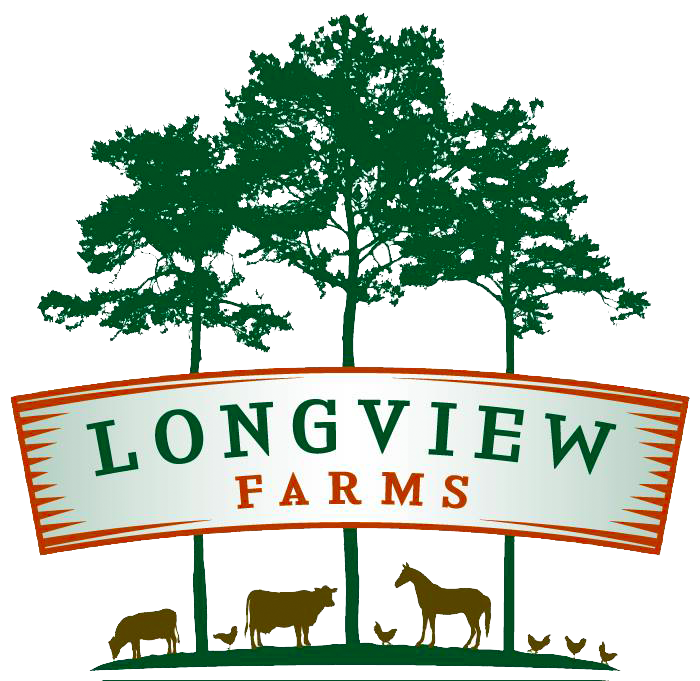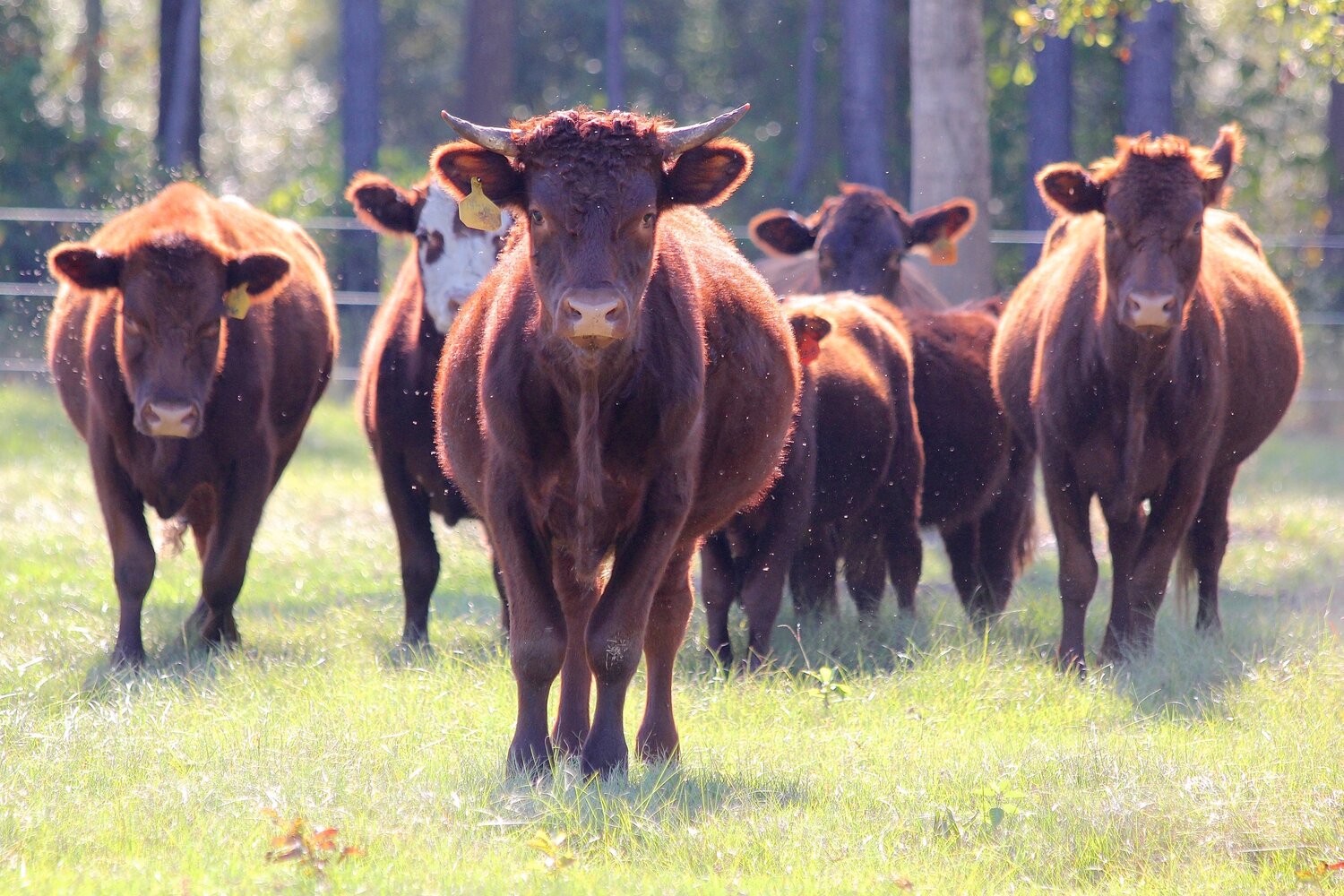
Our Mission
PRACTICING
innovative, sustainable farming methods to build the soil and produce healthy vegetables and pasture without the use of pesticides and chemical fertilizers.
RAISING
healthy beef cattle and chickens on pasture by employing rotational grazing and following standards of the American Grassfed Association.
RESTORING
our longleaf pine ecosystem through fire ecology, selective thinning, and annual replanting.
USING
the farm as an outdoor classroom to immerse students in nature and to model sustainable farming and land management practices.
PROVIDING
efficient, eco-friendly land management and farming services.
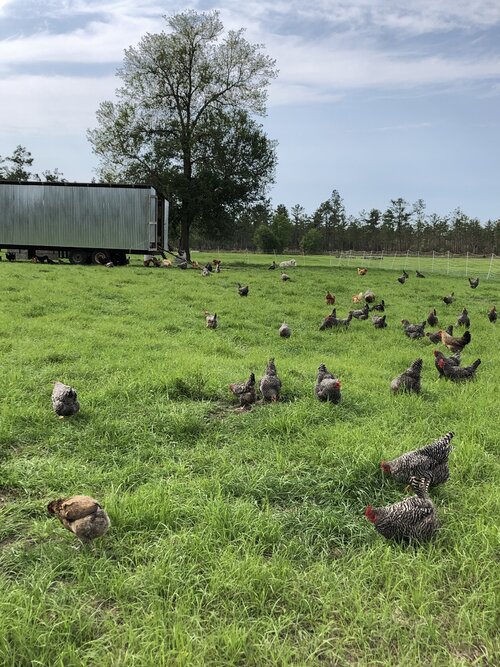
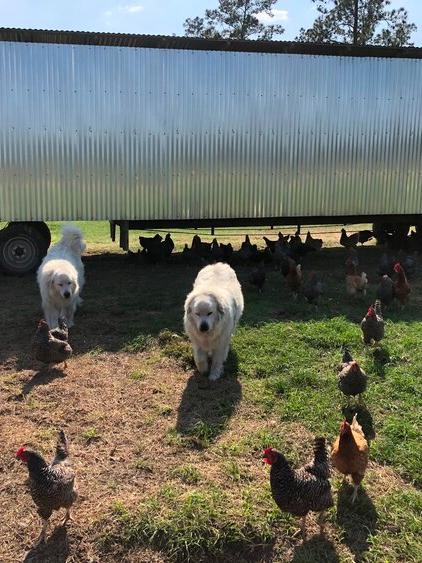
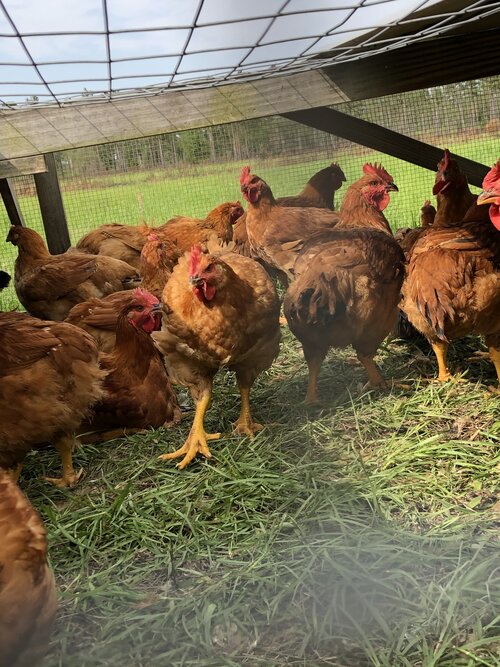
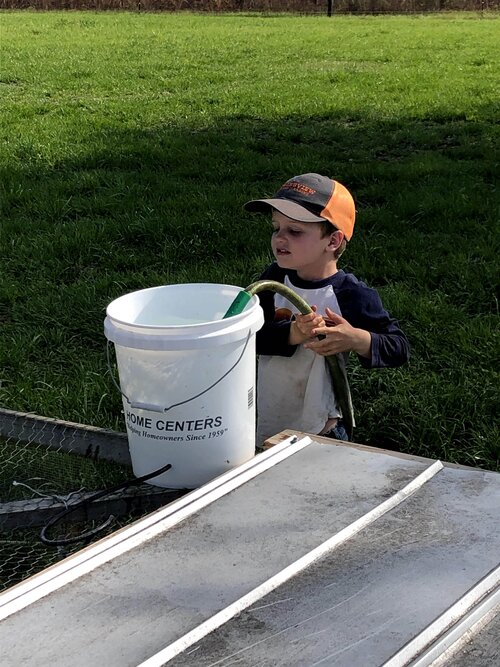
Farming Practices
Taking the long view means choosing future benefits over short-term payoffs. At Longview Farms that means we are committed to:
THE LONGVIEW FARMING APPROACH
By choosing the “long view” of farming, we look for ways to make nature and agriculture work together even when that means waiting longer for results. The animals we raise will only be as healthy as the soil where they graze. At the same time, the animals on our farm are essential to improving the soil’s vitality and resilience. So in our pastures, you’ll see cows, chickens, and horses “fertilizing” the soil, aerating it with their hooves and beaks, and stimulating the growth of grasses and legumes. In gratitude, the soil grows richer each year with higher organic content and gives the animals more delicious and nutritious pastures.
THE ESSENTIAL PARTS OF THE PROCESS
Multi Species Rotational Grazing: Our pastures are divided into 4 acre paddocks so the cows eat more of the grass and fertilize the area more completely. Then, after they have eaten the top third of the grass down (usually after one or two days), they are moved to the next paddock of fresh grass.
Our goal is to keep the cows moving so they eat the most nutritious part of the grass and then the grass is given 20 to 30 days to recover. In some of our pastures, we have our chickens, both layers and broilers, follow the cows. The chickens happily scratch through the cow patties, spreading the fertility and reducing the chances of parasites developing in the pasture.
Compost, Cover Crops, and Poop: We don’t use any artificial fertilizers, herbicides, or pesticides. Instead, we build the soil with mushroom compost and compost we make on the farm with wood chips and fish or chicken waste.
Instead of herbicides to control the weeds, we rely on our roving herbivores to eat and trample the weeds into submission. As for pests, the chickens do their part in eliminating harmful worms and beyond that, we rely on a healthy balanced soil for pest control.
The Right Diet: Cows aren’t equipped for processing a grain based diet. They do it of course, and they can sure pack on the pounds when they are confined to a feedlot and fed corn, but we believe they are much healthier and happier when they spend their days eating grasses and legumes in healthy pastures. We follow the American Grassfed Association guidelines and do not supplement with any grain. Our Devon and cross-bred cows are grass fed from start to finish. Our chickens love eating insects and grass in the pasture, but most of their nutrition comes from a high quality, non-GMO feed from Kalmbach.
Treating the Farm Like the Ecosystem It Is: Before we started raising animals, we focused on restoring the pine ecosystem that dominates our land. With selective thinning and controlled burns, our pine woods grew healthier trees, native grasses returned, and our wildlife population grew.
Those forests taught us about the importance of building on the vitality that already exists in nature. Keeping trees in our pasture (silvopasture) to provide shade for the animals also helps hold moisture in the soil and reduces erosion. Disturbing the soil as little as possible allows the unseen food web below the surface to continually build healthy soil.
Our Team
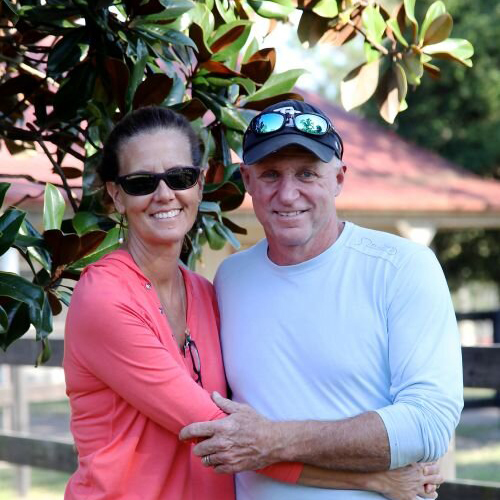
Tony & Betsey Brown
Betsey and Tony are the owners of Longview Farms. They share the day-to-day management of the pastured poultry and grassfed beef operations. Betsey also leads the baking of our sourdough bread.
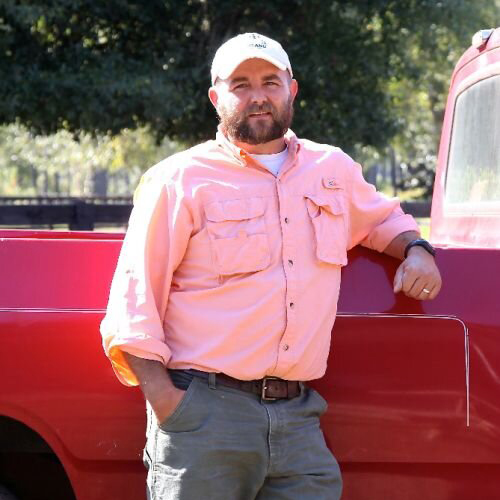
Ed Hopper
Ed is the land manager and has over 25 years experience managing pine forests for wildlife. He oversees the farm’s controlled burning program and wildlife food plot planting. Ed is also a skilled carpenter and innovator. He has built the farm’s chicken tractors, fences, greenhouse, and garden areas.
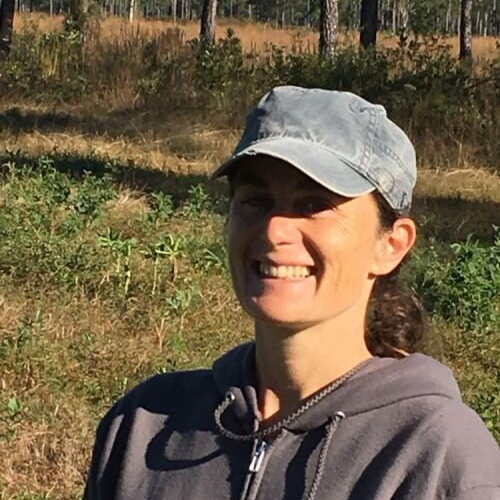
Sky Feller
Sky Feller is our education specialist. She has a Masters Degree in Botany and extensive training in science education. Sky creates developmentally-appropriate curriculums for school groups who visit the farm, coordinates with teachers whose classes will visit the farm, and leads the farm trips. When Sky is not leading field trips, she assists Betsey in baking our sourdough bread.

Cole Brown
Cole runs Longview Land Clearing as a division of Longview Farms. He specializes in forestry mulching and heavy brush mowing to help increase the value and look of your property. Call Cole directly at (850) 545-2519 to set up a consultation. Click here for more information.
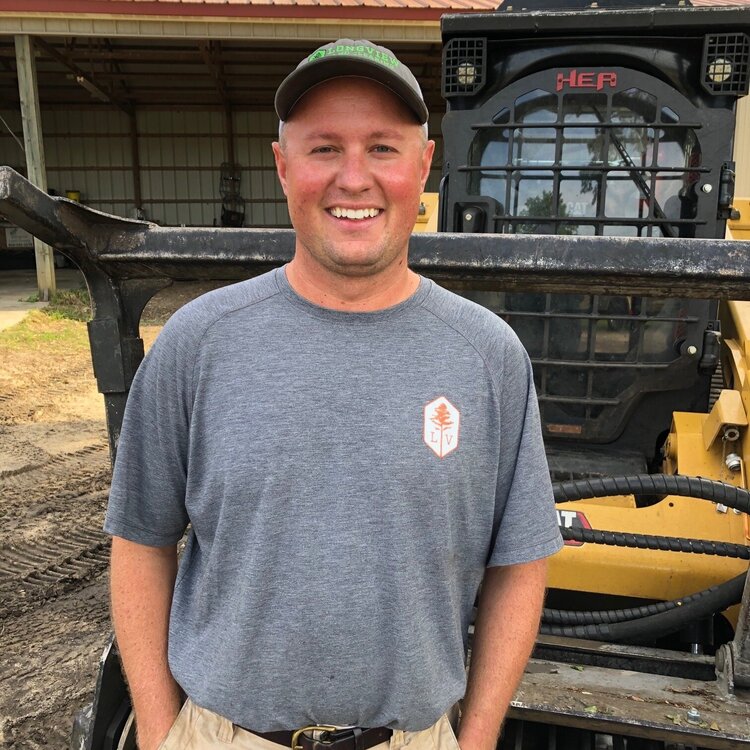
Casey Gray
Casey operates one of Longview Land Clearing’s skid steers for forestry mulching.
